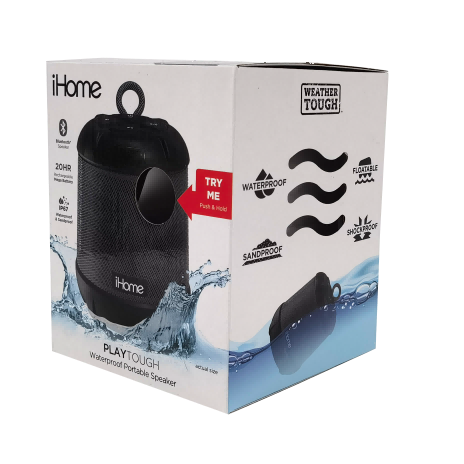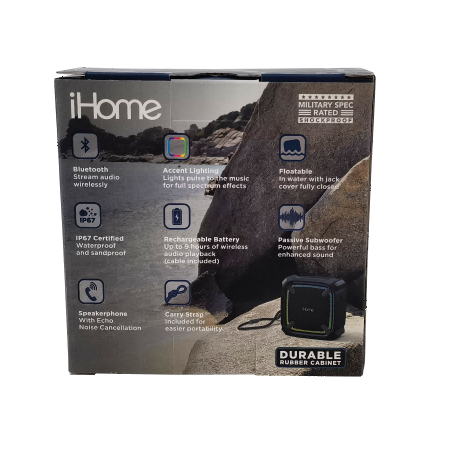Personalization and customization have become buzzwords in today's consumer market. Both terms are often used interchangeably, but there are distinct differences between them. Understanding these differences is crucial for businesses and consumers alike. In this article, we will delve into the definitions, benefits, and implications of personalized and customized items.

Personalization refers to the process of tailoring a product or service to an individual's specific preferences, needs, or characteristics. It involves adding unique elements that make the item or experience one-of-a-kind for the customer. Personalization can be achieved through various means, such as adding a person's name, initials, or preferred design to a product.
Customization, on the other hand, involves allowing customers to make changes to a pre-existing product according to their preferences. Unlike personalization, customization does not necessarily involve making the item unique or individualized. Instead, it focuses on enabling customers to choose from a range of predefined options to create a product that suits their requirements.
Personalized items offer numerous benefits. Firstly, they create a sense of exclusivity and uniqueness, making customers feel special. Personalization also results in better customer engagement and loyalty, as individuals feel more connected to products that have been customized specifically for them. Additionally, personalized items can be excellent gifts, creating a lasting impression on the recipient.

Customization provides several advantages as well. Firstly, it allows customers to have a say in the design process, enabling them to create products that reflect their personal taste and style. Customized items also offer convenience, as customers can choose from pre-defined options rather than starting from scratch. Moreover, customization can lead to increased customer satisfaction, as individuals get products that match their specific preferences.
Both personalization and customization present unique implications for businesses. While personalization requires a deeper understanding of individual preferences, customization requires flexibility in providing various options. Companies need to invest in technologies and systems that allow for efficient personalization or customization processes. Moreover, businesses must balance the cost of personalization or customization with the perceived value it provides to customers.
As technology continues to advance, the possibilities for personalized and customized items are expanding. Artificial intelligence and machine learning algorithms have paved the way for more sophisticated personalization techniques. Customization is also evolving, with the advent of 3D printing enabling on-demand production of customized products. The future holds exciting prospects for both personalized and customized items.
In conclusion, personalization and customization are distinct concepts that offer unique advantages to businesses and consumers. Personalization involves tailoring products to individual characteristics, creating exclusivity and fostering customer loyalty. On the other hand, customization allows customers to make choices within pre-defined options, satisfying their specific preferences. Businesses must carefully consider the implications of both strategies and leverage technology to deliver exceptional personalized or customized experiences. In an increasingly competitive market, understanding and implementing these approaches can set businesses apart and enhance customer satisfaction.
© Copyright: Shenzhen Asoka Printing Co.,Ltd All Rights Reserved. sitemap.xml | sitemap.html | Terms & Conditions | Privacy